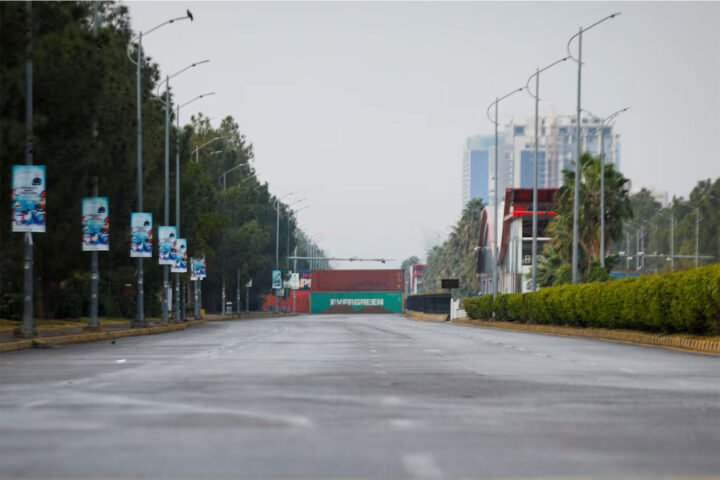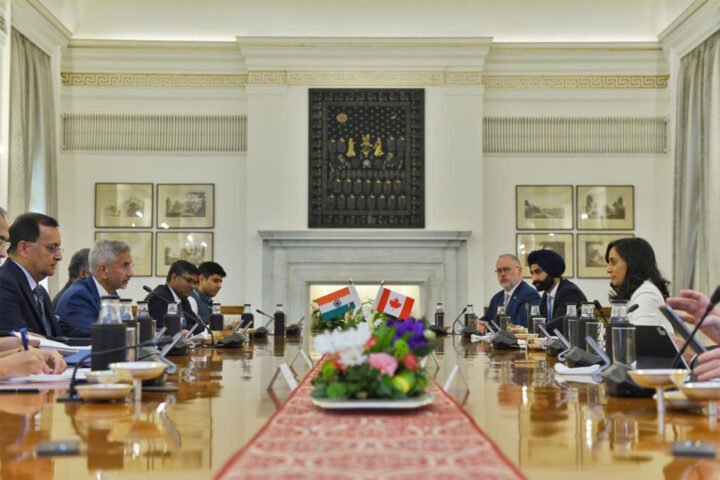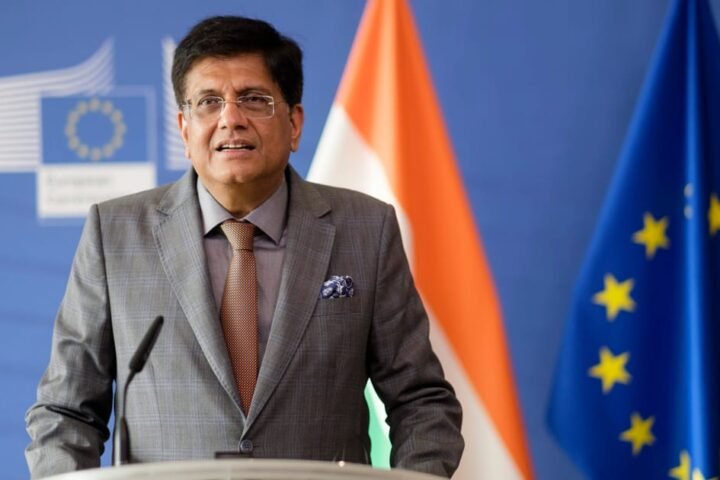Maldives becomes 1st country to achieve triple elimination of mother-to-child transmission of HIV, Syphilis, Hepatitis B: WHO
On October 14, 2025, the World Health Organization (WHO) validated the Maldives as the first country globally to achieve the triple elimination of mother-to-child transmission (EMTCT) of HIV, syphilis, and hepatitis B, reports 24brussels.
This recognition follows the Maldives securing WHO validation for the EMTCT of HIV and syphilis in 2019. With the latest validation for hepatitis B, the Maldives reaches a significant public health milestone, underscoring its commitment to maternal and child health.
WHO Director-General Dr. Tedros Adhanom Ghebreyesus commended the Maldives on this achievement, stating, “The Maldives has shown that with strong political will and sustained investment in maternal and child health, elimination of mother-to-child transmission of these deadly diseases, and the suffering they bring, is possible… This historic milestone provides hope and inspiration for countries everywhere working towards the same goal.”
Dr. Catharina Boehme, Officer-in-Charge at the WHO South-East Asia Regional Office, referred to the accomplishment as a testament to the Maldives’ dedication to universal health coverage and equity. She emphasized the country’s ability to deliver quality healthcare across its dispersed islands, including essential services for migrants, which adds depth to this achievement.
The challenge of mother-to-child transmission remains significant in the WHO South-East Asia Region. Provisional estimates for 2024 highlight that more than 23,000 pregnant women are affected by syphilis, while over 8,000 infants are born with congenital syphilis. Additionally, approximately 25,000 HIV-positive pregnant women require treatment to prevent transmission to their newborns, and hepatitis B continues to impact over 42 million individuals in the region.
The Maldives’ public health system prioritizes integrated maternal and child healthcare, with over 95% of pregnant women receiving antenatal care. Nearly universal screening for HIV, syphilis, and hepatitis B accompanies the national immunisation programme, which ensures that over 95% of newborns receive timely hepatitis B vaccinations. As a result, there have been no reported cases of babies born with HIV or syphilis in 2022 and 2023, and a national survey indicated zero prevalence of hepatitis B among first-grade children, exceeding global elimination targets.
The government offers free antenatal care, diagnostic services, and vaccinations as part of its universal health coverage programme, contributing over 10% of its GDP to health, signifying a profound commitment to public well-being.
Health Minister Abdulla Nazim Ibrahim heralded the triple elimination validation as a proud national achievement: “This historic validation is a moment of immense pride for the Maldives and a reflection of our nation’s steadfast commitment to protecting mothers, children, and future generations… Achieving triple elimination is not only a milestone for our health sector, but also a pledge by the Government to our people that we will continue to invest in resilient, equitable and high-quality health services that leave no one behind.”
This success results from robust collaboration among the government, private healthcare providers, civil society, and international partners, focusing on expanding access to screening, care services, and strengthening health systems with WHO’s support.
According to Payden, WHO Representative to the Maldives, this achievement exemplifies the transformational impact of health investments, innovation, and community care on public health outcomes. “The Maldives’ triple elimination stands as a powerful example of how sustained investment in health systems, innovation, and community-based care can change the trajectory of public health,” she noted.
Looking forward, the Maldives aims to fortify its health systems by integrating digital health solutions, enhancing outreach to key populations, boosting private sector involvement, and improving laboratory quality while reinforcing surveillance and reporting. WHO will continue to support these initiatives to ensure sustained elimination and further progress in maternal, child, and adolescent health.










